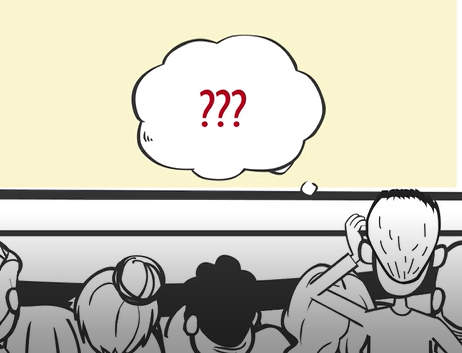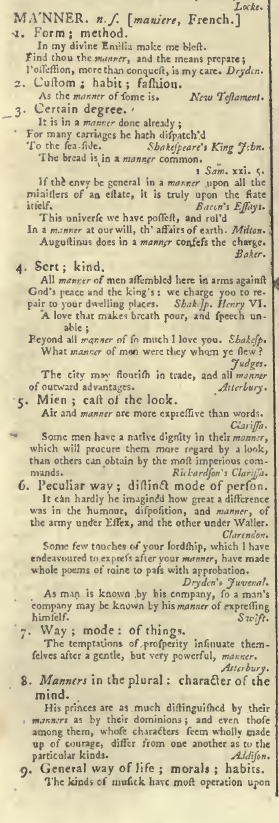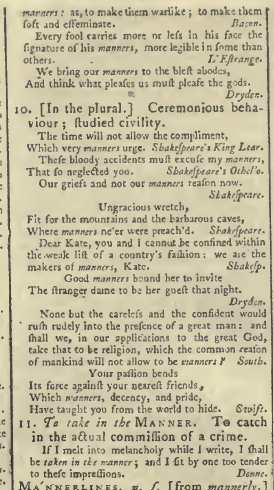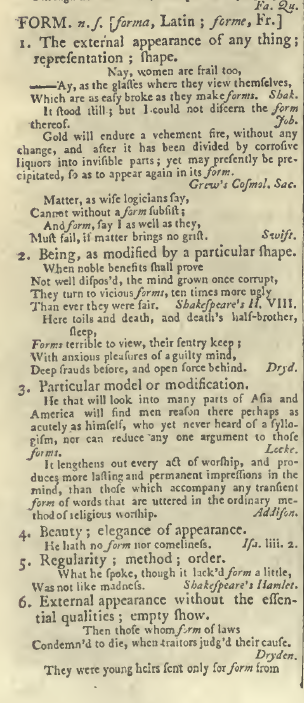Abolish Unconstitutional Census

This page changed with the April 05, 2024 edit.
To move all ads to bottom of screen, shrink the window width
Be part of the success!
Help spread the word!

This page changed with the April 05, 2024 edit.
The word census does appear in The Constitution of the United States of America twice.
Amendment 16 expressly prohibits its use when it states:
"The Congress shall have power to lay and collect taxes on incomes, from whatever source derived, without apportionment among the several States, and without regard to any census or enumeration."
Article 1, Section 9, Clause 4; also does not grant its use, but states that either a census or an enumeration has already been granted when it states:
"No Capitation, or other direct, Tax shall be laid, unless in Proportion to the Census or enumeration herein before directed to be taken."
The clue from Article 1, Section 9, Clause 4 resides in these words, "herein before directed to be taken".
Somewhere prior to Article 1, Section 9, either the census or the enumeration; was authorized.
Continuing the search towards the beginning of The Constitution, the word census no longer shows up. However, the word enumeration appears twice in Article 1, Section 2, Paragraph 3, which states:
"Representatives and direct Taxes shall be apportioned among the several States which may be included within this Union, according to their respective Numbers, which shall be determined by adding to the whole Number of free Persons, including those bound to Service for a Term of Years, and excluding Indians not taxed, three fifths of all other Persons. The actual Enumeration shall be made within three Years after the first Meeting of the Congress of the United States, and within every subsequent Term of ten Years. . . , in such Manner as they shall by Law direct; and until such enumeration shall be made. . ." (the italicized portion above is said to have been altered by a later amendment).
No place in The Constitution does it grant to Congress the power to conduct a census, —only an enumeration. It also expressly defines the scope and purpose for that enumeration. Its purpose is for determining how many Representatives each State may have in The House of Representatives of Congress. The scope of the enumeration, which is the power granted to Congress, is to count the numbers of the people in each state, according to the terms dictated; and that is all.
We go back to the 1785 dictionary set to define the word manner; and also form, as form is used as part of the definition for manner.
Manner — 1785


Manner
1. Form; method.


Form
1. The external appearance of any thing; representation; shape.
5. Regularity; method; order.
8. Stated method; established practice; ritual and prescribed mode.
Neither manner nor form suggest the power to change or increase the volume of information to be gathered; not even changing the purpose for gathering that information.
Congress may, by rights of granted power, only dictate the process (the manner) by which the limited information is to be collected. Does Congress want to just mail the forms to every known residence? Does Congress want to have a physical person knock on every residential door and count heads? Does Congress want to have every citizen, head of household fill out an internet form? All of these are manners by which Congress can rightly collect the limited data covering how many people reside in each respective state. —At most, the information of the enumeration might be; the names, addresses, congressional district, and state, as well as the date collected: That is all!–
The entire Census Bureau is Closed for violating The Constitution of The United States of America.
Stop the Unconstitutionally Applied Income Tax
The governed people, are intended to work together to properly control their government's powers to equally protect each other's rights.
Share any content within this website. Get others talking about —Getting & Keeping Clean Honest Government.
[End Page Content]
To move all ads to bottom of screen, shrink the window width
Help make it happen!
Help spread the word!